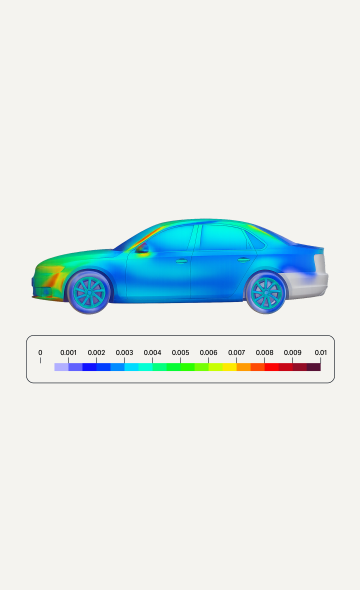Customer-obsessed science


Research areas
-
September 2, 2025Audible's ML algorithms connect users directly to relevant titles, reducing the number of purchase steps for millions of daily users.
-
Featured news
-
ISACE 20252025Generative AI has unlocked new possibilities in content discovery and management. Through collaboration with the National Football League (NFL), we demonstrate how a generative-AI based workflow allows media researchers and analysts to query relevant historical plays using natural language, rather than using traditional filter and click-based interfaces. The agentic workflow takes a user query in natural
-
ICML 2025 Workshop on Multi-Agent Systems in the Era of Foundation Models2025Large language models (LLMs) have demonstrated remarkable performance across a wide range of tasks in recent years. While prior work has explored leveraging LLMs to generate synthetic data for self-improvement, repeated iterations often suffer from diminishing returns due to the reliance on homogeneous reasoning patterns and limited exploration of alternative perspectives. In this paper, we introduce a
-
2025Recent smaller language models such Phi-3.5 and Phi-4 rely on synthetic data generated using larger Language models. Questions remain about leveraging synthetic data for other use cases, such as adapting LLMs to specific domains. A key limitation of synthetic data is low diversity, which negatively impacts its downstream applicability for improving other models. To address this, we propose MetaSynth, a
-
The emergence of AI-driven web automation through Large Language Models (LLMs) offers unprecedented opportunities for optimizing digital workflows. However, deploying such systems within industry's real-world environments presents four core challenges: (1) ensuring consistent execution, (2) accurately identifying critical HTML elements, (3) meeting human-like accuracy in order to automate operations at
-
2025Unlike closed-vocabulary 3D instance segmentation that is often trained end-to-end, open-vocabulary 3D instance segmentation (OV-3DIS) often leverages vision-language models (VLMs) to generate 3D instance proposals and classify them. While various concepts have been proposed from existing research, we observe that these individual concepts are not mutually exclusive but complementary. In this paper, we
Conferences
Collaborations
View allWhether you're a faculty member or student, there are number of ways you can engage with Amazon.
View all













































